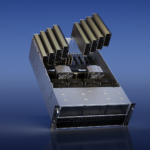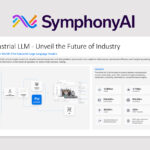ASIA ELECTRONICS INDUSTRYYOUR WINDOW TO SMART MANUFACTURING
Bosch Charts Best Gen AI Applications in Manufacturing
Bosch is piloting generative AI and foundation models in manufacturing. Accordingly, initial projects have already been initiated in two Bosch plants in Germany. Here, generative AI creates synthetic images to develop and scale AI solutions for optical inspection. At the same time, it also aims to optimize existing AI models.
Bosch expects that this will reduce the time needed for planning, launching, and ramping up AI applications from the current six to twelve months to just a few weeks. Following successful piloting, this service for generating synthetic data will soon roll out to all Bosch locations.
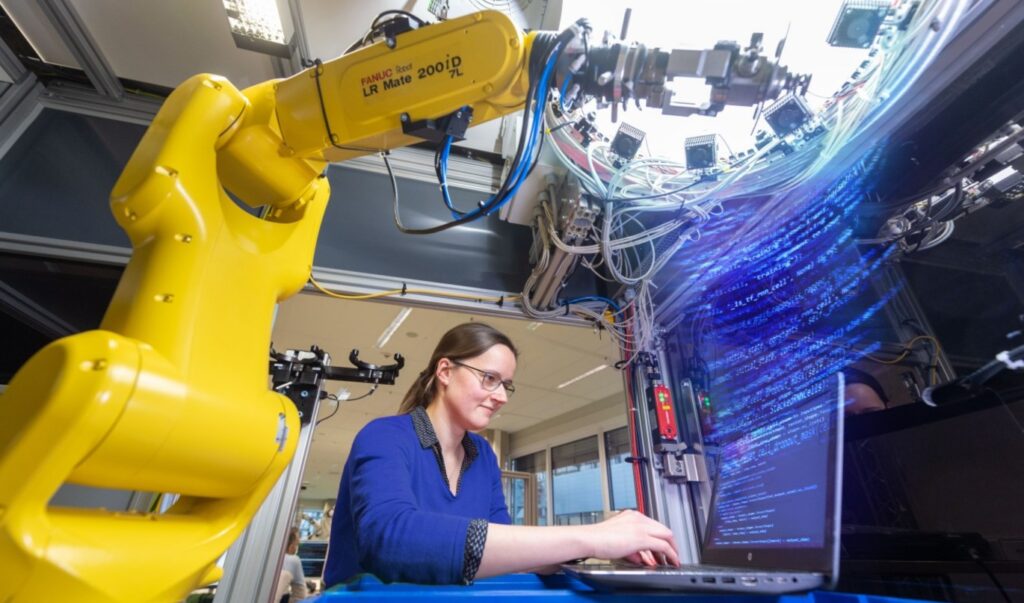
Stefan Hartung, chairman of the board of management of Robert Bosch GmbH, highlighted the importance of generative AI in Bosch’s future manufacturing operations. In addition, Hartung said, “Nearly half of all Bosch plants are already using AI in their manufacturing operations. With the help of generative AI, we’re not only improving existing AI solutions. We’re also laying the foundations for the optimum take-up of this future technology in our global manufacturing network.”
Moreover, there are sound economic reasons for this move. AI can be used to achieve productivity gains and cost savings. “AI has excellent potential for innovation and can make human work even more productive. As a manufacturing company, established factory outfitter, and Industry 4.0 trendsetter, Bosch aims to play a leading role in the development and application of industrial AI,” Hartung added.
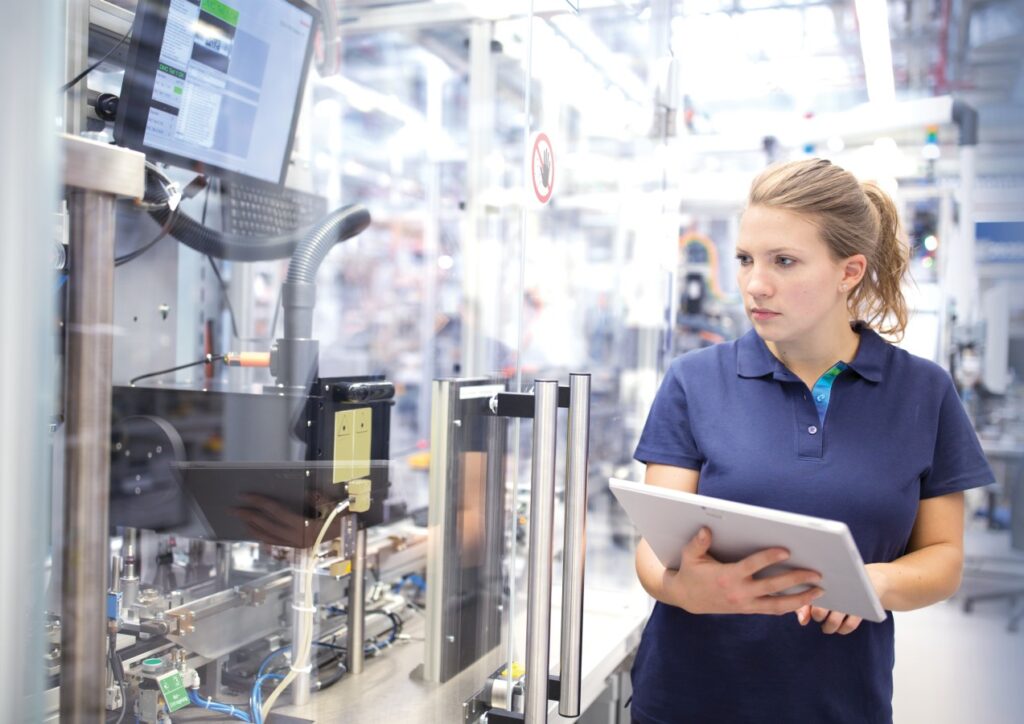
AI in practice: Bosch projects deliver substantial benefit
Bosch pilot plants are already using AI in production scheduling, monitoring, and control. For example, at the plant in Hildesheim, AI-based data analysis has helped reduce cycle times. Particularly, during the production ramp-up of new lines by 15 percent.
At the plant in Stuttgart-Feuerbach, new algorithms cut component-testing processes from three and a half to three minutes.
“With generative AI, we’re now taking the next step in the evolution of artificial intelligence and advancing modern manufacturing to a new level,” says Tanja Rueckert, member of the Bosch board of management and chief digital officer.
In this process, Bosch can build on its expertise: the software models for generative AI were developed by Bosch research and are now being implemented in the field by Bosch factories. One plant uses an AI method of synthetically generated images to reliably inspect welds of copper wires in electric motor production, while another focuses on the quality assurance of high-pressure pumps.
AI boost: generative AI pushes the boundaries of feasibility
For years, the Feuerbach plant inspected fuel-injection components manually. The nature and complexity of the products, as well as differences in the structure of the production lines, meant that neither rule-based nor AI-assisted optical inspection was possible.
Moreover, the new approach is a scalable generative AI that recognizes variants of a product and error patterns. In addition, it considers different arrangements and sequences in the production process.
Synthetically generated data can refine the model and customize it for on-site applications. Thus, this will likely make the AI capable of inspecting components independently, only submitting cases to visual inspectors where it is unsure.
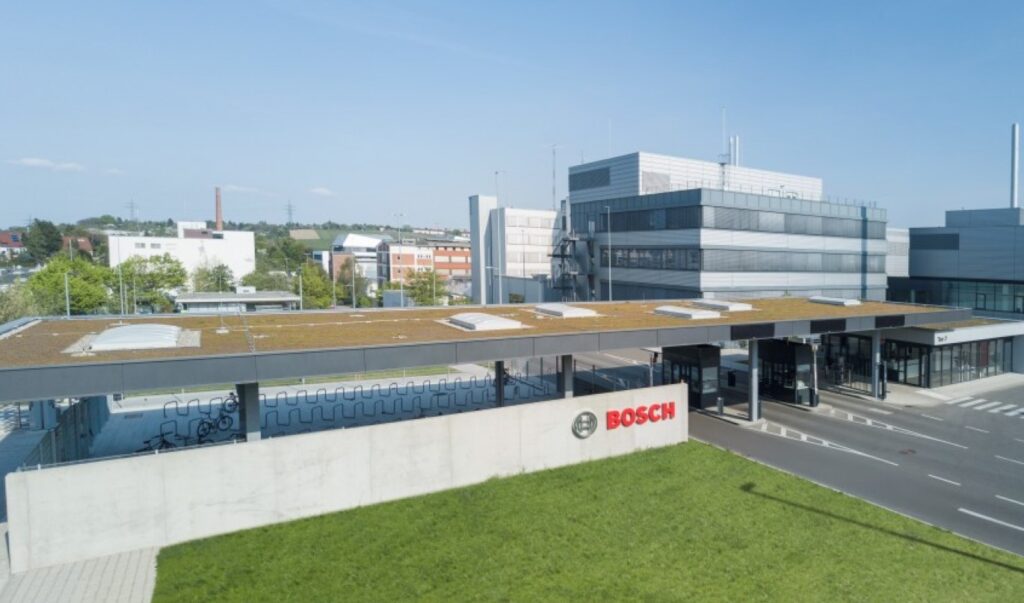
At the Hildesheim plant, synthetically generated images have already been used for training purposes in the first standard systems in electric motor production. The human eye cannot distinguish artificially generated images from real ones. Thus, the plant expects that project duration will be six months shorter with the new approach than with conventional methods. More importantly, leading to annual productivity increases in the six-figure euro range.
Bosch plans to expand the AI approach to other locations. “In our work to develop AI solutions, we’re unlocking the potential offered by the Bosch manufacturing network and its roughly 230 plants. We are using new technologies. Generative AI helps to harmonize individualization and scaling – the technology gives us the best of both worlds,” Rueckert said.
AI status: widely used in Bosch plants
Many Bosch plants have one thing in common: not only are they AI pioneers, but they also focus consistently on Industry 4.0. “Bosch has been digitalizing and connecting its own plants and those of its customers for more than ten years. Now, we’re combining Industry 4.0 with artificial intelligence: connected manufacturing provides data and AI evaluates it,” Rueckert says.
Because of this, errors came up at an early stage with minimal machine downtimes. Furthermore, the process also reduced scrap and enabled efficient use of energy.
“The use of AI will make factories more efficient, more productive, and more eco-friendly,” she added. For example, Bosch research has developed an AI-based system that identifies anomalies and malfunctions in the manufacturing process. At the same time, it also improves product quality.
This software is now in use in around 50 Bosch plants, with over 2,000 production lines connected. Many Bosch plants also use artificial intelligence in the optical inspection of components. For example, over 20 plants use Machine Vision AI, a solution designed by Bosch’s special-purpose machinery unit that helps detect hard-to-identify features, such as scratches and chipping on surfaces and defects in weld seams.
AI pioneers: World Economic Forum commends Bosch plants
The Bosch plant in Bursa, Turkey, illustrates what AI can achieve in manufacturing. Particularly, the plant has used AI to further improve manufacturing quality. Specifically, it has reduced water consumption by 30 percent, energy consumption by 6 percent, and scrap by 9 percent. At the same time, it also increased plant efficiency by almost 10 percent.
This year, these achievements prompted the World Economic Forum (WEF) to single out the plant in Bursa as an Industry 4.0 lighthouse.
This is the fourth time a Bosch plant has received such recognition from the World Economic Forum. Moreover, the second time specifically for developments in the field of artificial intelligence.
All this shows that “AI’s importance is historic. It will fundamentally change industrial production – for the better,” Rueckert said.


